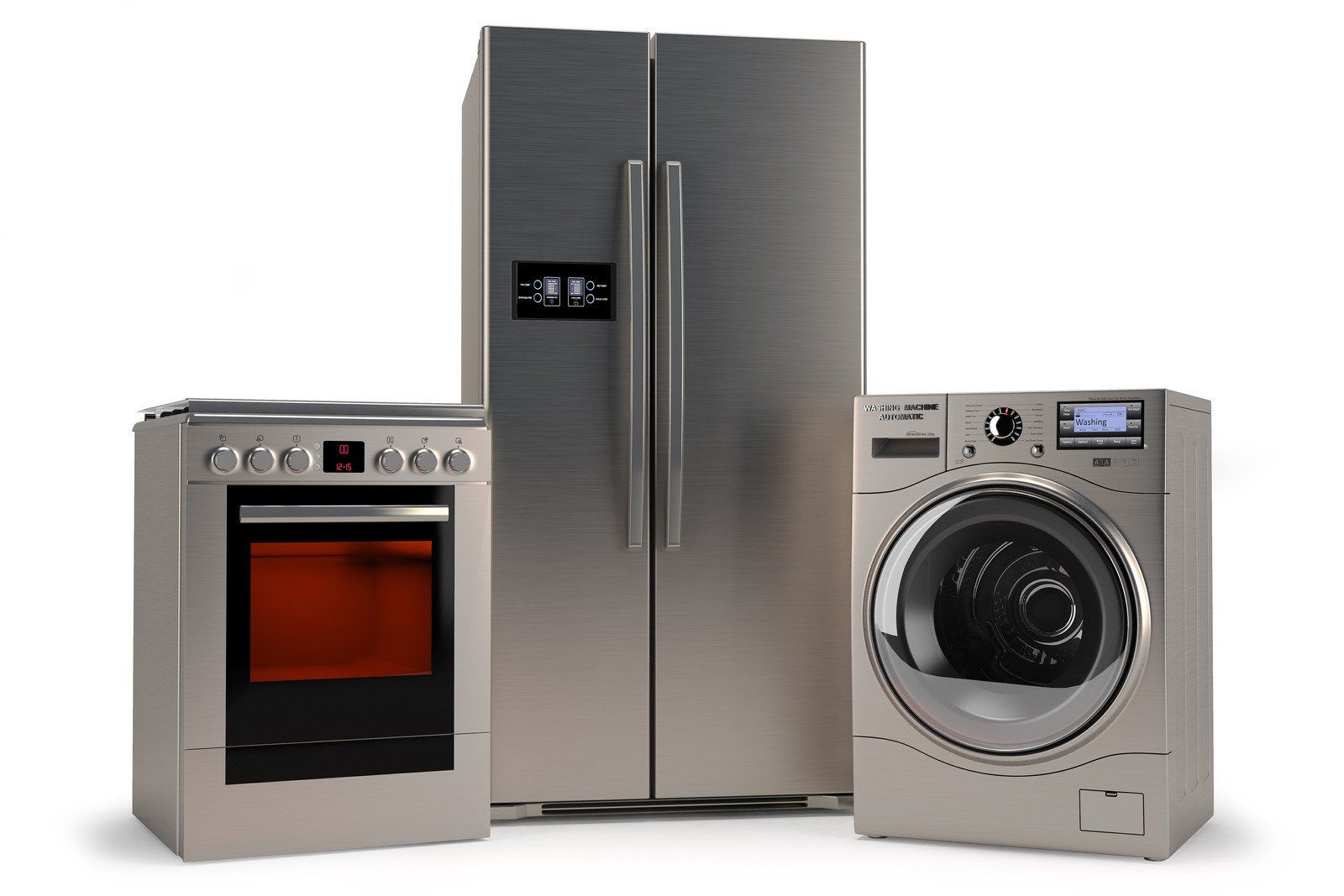Why Ignoring Refrigerator Problems Can Increase Energy Bills
Refrigerators keep food fresh and safe for consumption. Over time, parts can wear out or develop faults. Ignoring minor problems often leads to bigger issues, including higher electricity usage. A malfunctioning fridge works harder, consuming more power and increasing utility bills. Regular attention to small issues can prevent unnecessary expenses. Understanding how a faulty appliance affects energy consumption helps in managing costs effectively.
Common Refrigerator Problems That affect Energy Efficiency
Worn Door Seals
Damaged seals allow cold air to escape, making the compressor work harder. Poor insulation wastes energy and reduces cooling capacity. You should regularly check seals for cracks or wear to avoid this problem. Replacing faulty seals prevents unnecessary energy use.
Dirty Condenser Coils
Dust and debris on condenser coils block heat release, lowering efficiency. As a result, the compressor runs longer to maintain the desired temperature, using more electricity. It’s important to get the coils cleaned every few months to restore performance. A clean appliance cools quickly and reduces energy consumption significantly.
Incorrect Settings
Using improper temperature settings increases energy usage. Extremely cold settings overload the compressor, while inadequate cooling risks food spoilage. Set the fridge between 35°F–38°F and the freezer at 0°F. Periodically verify settings to keep energy consumption under control.
Faulty Thermostats
When thermostats malfunction, they cause inconsistent cooling. Faulty controls force the compressor to run non-stop or fail to cool adequately. Quick repairs by professionals prevent additional energy costs and restore consistent operation.
Additional Issues Leading to Energy Waste
Blocked air vents disrupt proper airflow inside the refrigerator. Uneven cooling requires the compressor to work harder, leading to higher bills. Avoid overcrowding shelves to maintain airflow. A well-organized fridge reduces energy usage. Aging refrigerators also consume more power due to outdated technology or worn components. Consider replacing old units with energy-efficient models to save on long-term costs.
Warning Signs to Watch For
- Unusual Noises: Rattling or buzzing sounds indicate internal problems.
- Frequent Frost Build-up: Excess frost suggests issues with the defrost mechanism.
- Food Spoiling Quickly: Inconsistent temperatures can lead to faster spoilage.
- Sudden Energy Spikes: Unexplained increases in electricity bills may point to an inefficient appliance.
Financial Impact of Ignoring Refrigerator Problems
Failing to address small issues quickly can cause energy bills to soar. An overworked appliance consumes more power, increasing household expenses. Additionally, neglected problems can lead to major breakdowns, requiring costly repairs or replacements. Timely attention to maintenance saves money in the long run while preserving the appliance’s lifespan.
Simple Tips to Maintain Your Refrigerator
- Clean condenser coils at least twice a year.
- Replace worn door seals to prevent air leaks.
- Avoid overloading shelves to allow smooth airflow.
- Position the refrigerator away from heat sources to reduce strain on cooling systems.
- Defrost older models regularly to avoid frost accumulation.
- Schedule professional inspections on a regular basis.
Addressing refrigerator issues promptly prevents energy waste and costly repairs. An efficiently functioning unit keeps food fresh while saving money on electricity. Regular maintenance reduces strain on internal components, extending the appliance’s life. Small steps taken today can lead to substantial savings over time. Keep your refrigerator in good condition to enjoy reliable cooling and lower bills.
Top Rated Appliance Repair
Service Areas

Slide title
Write your caption hereButton

The region's leading professional with over 30 years experience.
Navigation
Working hours
- Mon - Fri
- -
- Saturday
- -
- Sunday
- Closed
